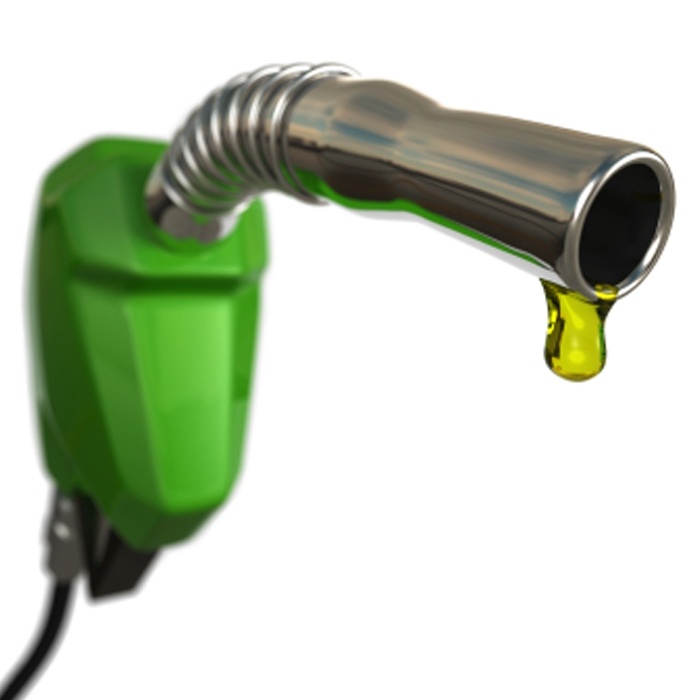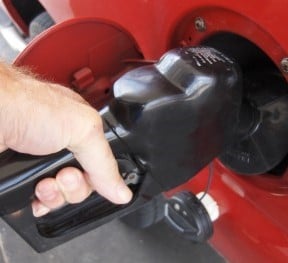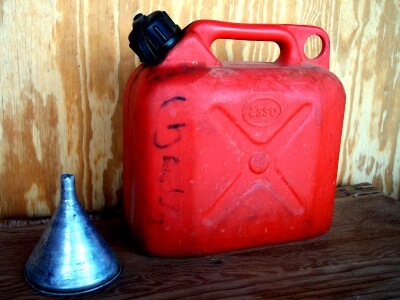What makes a good fuel stabilizer for your car?
Fuel stabilizers are big business for diesel fuel, but may not appear to be so important in gasoline. But gasoline is still petroleum and still...

A big difference between the fuels of today and the fuels of yesteryear is the need to protect the fuel quality of today's fuels in storage through the use of stabilizers. Conventional petroleum fuels (i.e. gasolines and diesel fuels that don't contain ethanol or biofuels) used to be able to last multiple years in storage without an issue. Today’s petro-diesel and regular gasolines suffer from the effects of cracking and refinery processing such that they oxidize, darken and stratify in storage in far less time than in years past. To solve this problem, there are some good fuel stabilizer options (like Dee-Zol Life) which protect the quality of these petroleum fuels in storage.
 The story changes when we consider ethanol-gasoline blends, the gasolines that are pretty much the law of the land now. These ethanol blends don’t last long enough in storage to darken or oxidize because they undergo phase separation long before the oxidation process can show visible effects. The ethanol portion of the fuel attracts water from the environment and absorbs it. At some point (as little as 0.5% volume), the fuel will absorb more water than its ability to hold, and the water + alcohol drops out of solution and sinks to the bottom of the tank. The formerly homogenous fuel blend is now a broken combination of poor quality gas on top and water + alcohol on the bottom. This phase separation would happen much earlier than any darkening of the fuel would happen. That's why we can say that stabilization of ethanol fuels is much more to do with preventing phase separation than it is about preventing the darkening of the fuel in storage.
The story changes when we consider ethanol-gasoline blends, the gasolines that are pretty much the law of the land now. These ethanol blends don’t last long enough in storage to darken or oxidize because they undergo phase separation long before the oxidation process can show visible effects. The ethanol portion of the fuel attracts water from the environment and absorbs it. At some point (as little as 0.5% volume), the fuel will absorb more water than its ability to hold, and the water + alcohol drops out of solution and sinks to the bottom of the tank. The formerly homogenous fuel blend is now a broken combination of poor quality gas on top and water + alcohol on the bottom. This phase separation would happen much earlier than any darkening of the fuel would happen. That's why we can say that stabilization of ethanol fuels is much more to do with preventing phase separation than it is about preventing the darkening of the fuel in storage.
So the use of ethanol stabilizers is now accepted as best practice. Given what we just discussed, if you have ethanol fuels in storage, even for short periods of time, you should be considering a stabilizer treatment that prevents phase separation. It could also be described as an ethanol treatment that enhances the fuel’s ability to absorb free water without breaking apart or undergoing phase separation. The biggest distinction between a good and bad ethanol stabilizer is whether the treatment contains alcohol. There are other differentiators – whether it also contains detergents or other multi-functional ingredients – but from a stabilization standpoint, you would need an ethanol stabilizer fuel treatment that uses a non-alcoholic stabilization ingredient.
In addition to helping the ethanol blend better handle water, a good ethanol stabilizer can also help prevent ethanol-related corrosion. There’s been some pushback from the ethanol producers on claims concerning the corrosive nature of ethanol fuels. Those claims can be parsed any number of ways, but what may be lost in the discussion is that at least some of the blame for corrosion associated with stored ethanol fuels lays at the feet of the fuel’s water-attraction tendencies. The water pulled in by the ethanol fuel is an important link to corrosion of storage surfaces. If the ethanol stabilizer you choose really can help the fuel control water, it’s going to help alleviate corrosion normally associated with ethanol blends.
You may be interested in these other posts:

Fuel stabilizers are big business for diesel fuel, but may not appear to be so important in gasoline. But gasoline is still petroleum and still...

Gasoline doesn’t have as large a market for storage additives as diesel fuel because it’s not stored for as long periods of time. In the business...

Many boat owners are sad that for so many months of the year, boats are just sitting in driveways or boat yards. But never fear, because these...